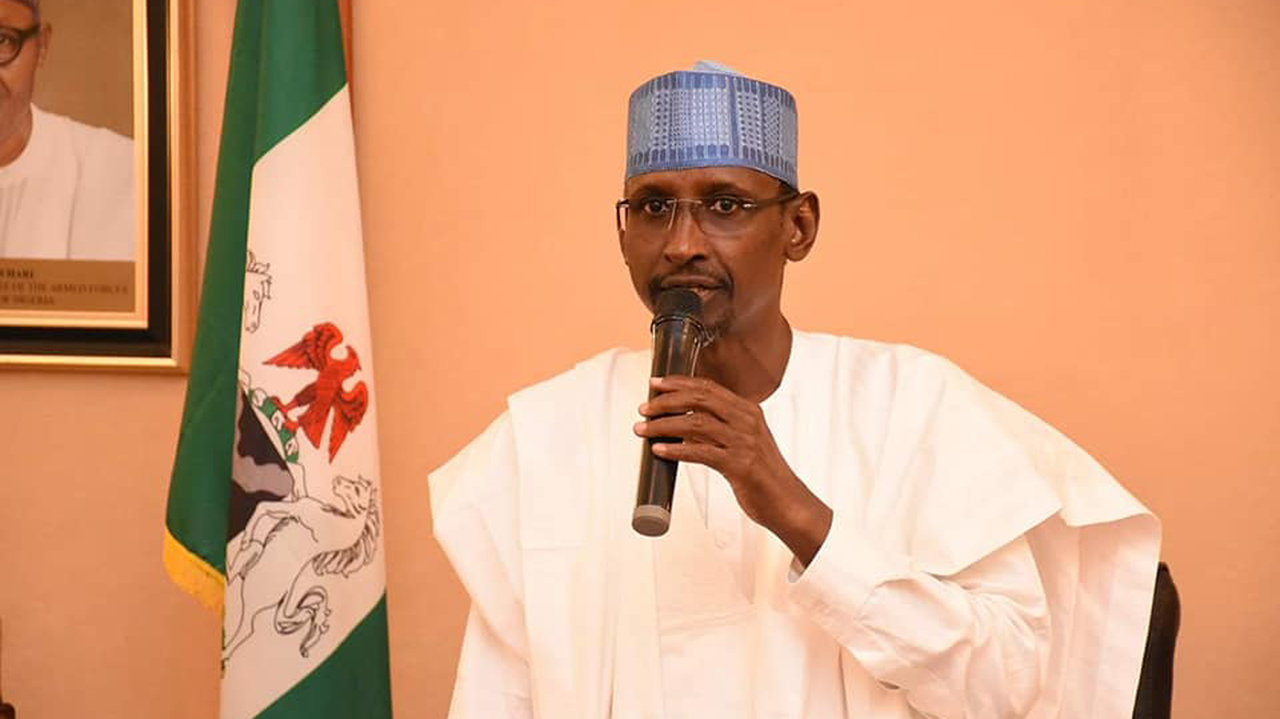News
We are pushing for the use of electric cars for public transportation in Abuja – Minister

Minister of the Federal Capital Territory, Muhammad Bello has revealed the ministry is pushing for the use of electric cars as a means of public transportation in the city.
He said the campaign is off his administration’s overarching ambition to make Abuja one of the greeniest cities in Nigeria.
Bello said this during a visit by the management of the National Automotive Design and Development Council led by its Director General, Jelani Aliyu, to the FCTA according to a Sunday statement by his Chief Press Secretary, Anthony Ogunleye.
The statement was titled, ‘Making Abuja Green City: FCTA to partner NADDC on environmental friendly public transportation’.
It read, “After taking a test drive in the Hyundai Kona, an electric vehicle assembled in Nigeria, the FCT Minister revealed that the long-term plan of the administration was to develop Abuja into one of the greenest cities in the country and that the use of electric vehicles as a major means of public transportation was a major part of that plan.
“The proposal brought to us by the DG fits into our long-term plan for the city. As you know, we pride ourselves in having Abuja as one of the greenest cities in the country, from the generation of vegetation and planting of trees to the concerted efforts to make sure that modern waste disposal systems are entrenched.
“So, this just takes us to the next step which is trying to improve on the transportation system in the city, particularly our bus mass transit system and what is called the last mile.”
The minister further disclosed that his administration was phasing out the use of diesel buses in the territory.
He said, “If you notice in many parts of the city now, we don’t allow tricycles and motorcycles to operate and gradually, we are working towards eliminating the use of diesel buses. But ultimately, my vision and the vision of my team is that really, Abuja should go electric in terms of powering the bus systems and even the motor vehicles as we have seen today.”






